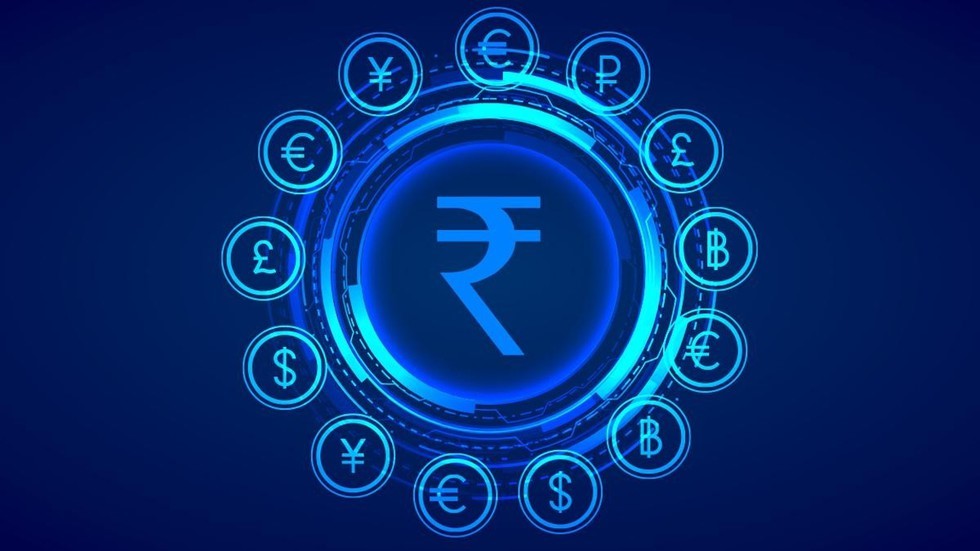
Special Rupee Vostro Account (SRVA)

18.04.2024
Special Rupee Vostro Account (SRVA)
|
For Prelims: About Vostro Account, About SRVA, How does SRVA arrangement function? What are the eligibility criteria of banks? |
Why in the news?
India has simplified the payment mechanism for traders importing pulses from Myanmar, requiring them to use the Rupee/Kyat direct payment system through the Special Rupee Vostro Account (SRVA).
What is a Vostro Account?
- It is an account that domestic banks hold for foreign banks in the former’s domestic currency, in this case, the rupee.
- Domestic banks use it to provide international banking services to their clients who have global banking needs.
- It is an integral offshoot of correspondent banking that entails a bank (or an intermediary) to facilitate wire transfers, conduct business transactions, accept deposits and gather documents on behalf of the other bank.
- It helps domestic banks gain wider access to foreign financial markets and serve international clients without having to be physically present abroad.
About SRVA:
- The settlement of international trade through Indian Rupees (INR) is an additional arrangement to the existing system of settlement that uses freely convertible currencies and works as a complimentary system.
- Freely convertible currency is a currency which is permitted by the rules and regulations of the country concerned to be converted into major reserve currencies like the U.S. Dollar, Pound Sterling.
- This will reduce dependence on hard (freely convertible) currency.
- SRVA requires prior approval of RBI before opening, unlike Rupee Vostro account.
How does SRVA arrangement function?
- The framework entails three important components, namely, invoicing, exchange rate and settlement.
○Invoicing entails that all exports and imports must be denominated and invoiced in INR.
○The exchange rate between the currencies of the trading partner countries would be market-determined.
○The final settlement also takes place in Indian National Rupee (INR).
- The authorized domestic dealer banks (those authorized to deal in foreign currencies) are required to open SRVA accounts for correspondent banks of the partner trading country.
- Domestic importers are required to make payment (in INR) into the SRVA account of the correspondent bank against the invoices for supply of goods or services from the overseas seller/supplier.
- Similarly, domestic exporters are to be paid the export proceeds (in INR) from the balances in the designated account of the correspondent bank of the partner country.
- All reporting of cross-border transactions are to be done in accordance with the extant guidelines under the Foreign Exchange Management Act (FEMA), 1999.
What are the eligibility criteria of banks?
- Banks from partner countries are required to approach an authorized domestic dealer bank for opening the SRVA.
- The domestic bank would then seek approval from the apex banking regulator, providing details of the arrangement.
- It would be the responsibility of the domestic banks to ensure that the correspondent bank is not from a country mentioned in the updated Financial Action Task Force (FATF) Public Statement on High-Risk and Non-Co-operative jurisdictions.
- Authorized banks can open multiple SRV accounts for different banks from the same country.
- Further, balances in the account can be repatriated in freely convertible currency and/or the currency of the beneficiary partner country, depending on the underlying transaction, that is, for which the account was credited.
Source: The times of India